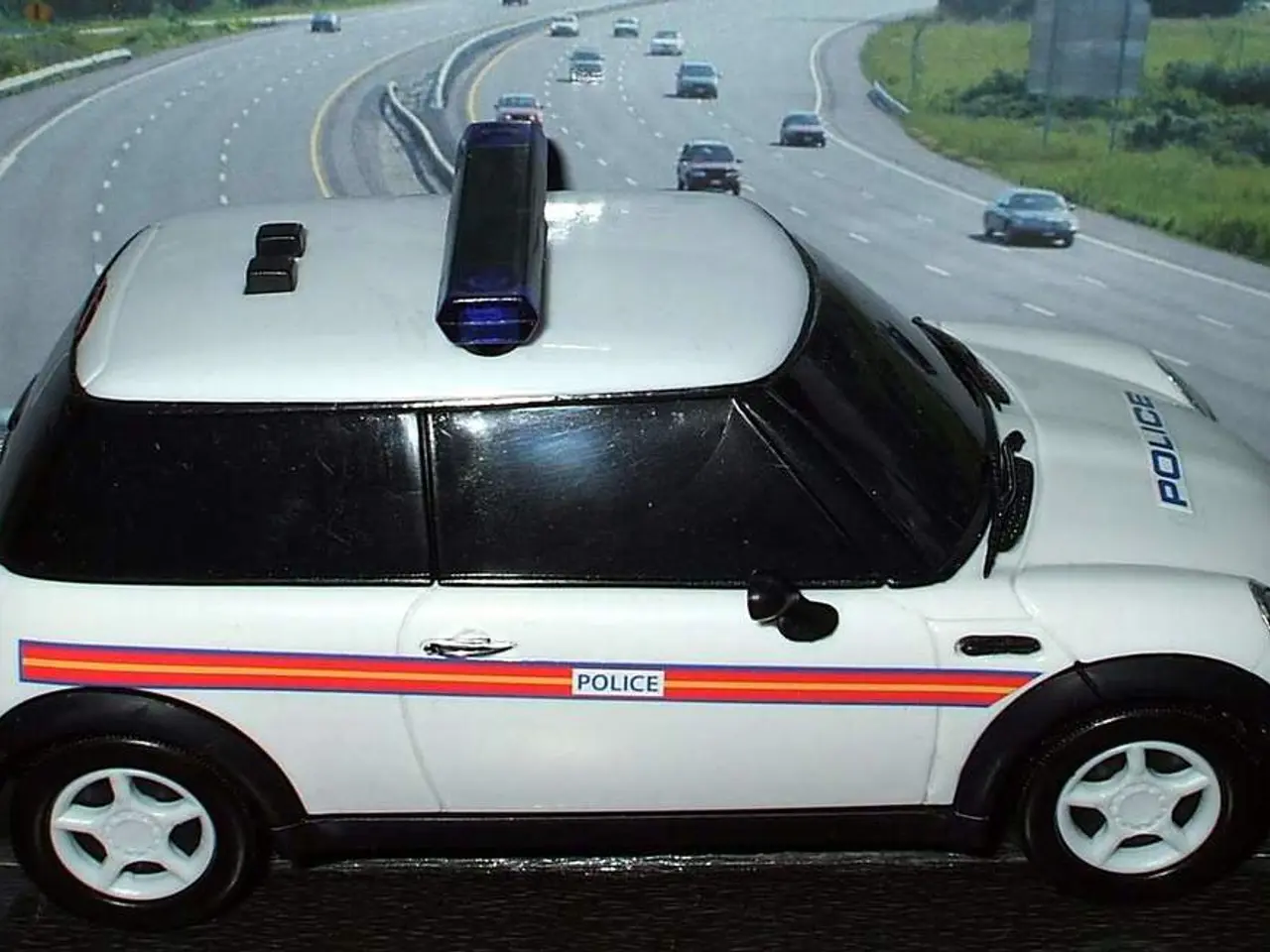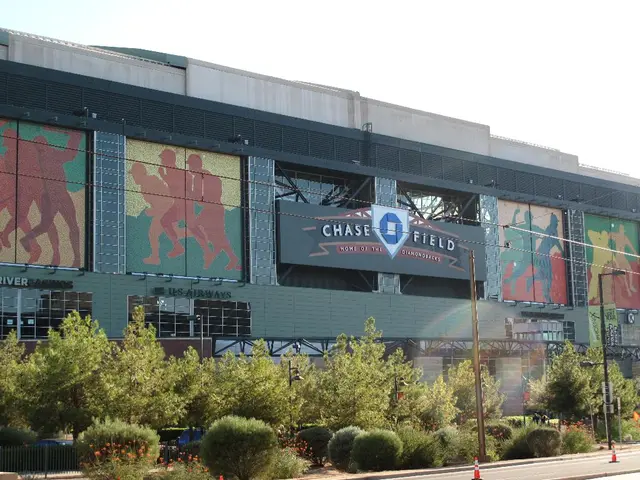President Trump taking action in Washington D.C. forms part of a broader conflict with Democratic-controlled urban regions across the nation
In a series of controversial moves, President Donald Trump has asserted federal control over local law enforcement and deployed National Guard troops in two major cities without local consent.
Earlier this year, President Trump assumed control over the Metropolitan Police Department (MPD) in Washington, D.C., invoking Section 740 of the D.C. Home Rule Act. This move was justified by a so-called "crime emergency" in the city, which Trump claimed endangered public servants, citizens, tourists, and disrupted federal government functions.
However, the statute's language implies that the Mayor retains direct control over the MPD, only requiring the mayor to provide police services. A federal court ordered an agreement to be reached, retaining the mayor-appointed police chief in command while a DEA official acts as a federal liaison, reflecting limits on the federal takeover scope.
The move sparked significant controversy and resistance from local D.C. officials, including Mayor Muriel Bowser and Attorney General Brian Schwalb, who disputed crime statistics cited by Trump and opposed the notion of a "complete federal takeover" of the city. Trump threatened such a takeover if the Mayor continued publishing what he called "false and highly inaccurate crime figures."
Meanwhile, in Los Angeles, President Trump deployed 800 National Guard troops to support local and federal law enforcement during protests over immigration raids. Governor Gavin Newsom argued that this deployment was an example of Trump's alleged expansion of power over the states, setting the stage for potential future power grabs. Newsom's concerns were echoed by Illinois Governor JB Pritzker, who stated that Trump has no authority to take over Chicago.
Mayor Johnson of Chicago suggested that if President Trump wanted to help make the city safer, he could release funds for anti-violence programs. In Los Angeles, state and local officials opposed the deployment, with Governor Newsom previously suing the Trump administration over the matter.
These actions have been met with criticism from Democratic leaders, with many citing Trump's past actions, such as the deployment of the National Guard to Los Angeles, as evidence of an expansion of federal power at the expense of local autonomy. The implications of these actions include legal and political disputes about local autonomy versus federal power, the stability of D.C.'s home rule, and tensions between federal and local governance in managing law enforcement in the nation's capital.
- The controversy over President Trump's control of local law enforcement, such as his assumption over the Metropolitan Police Department in Washington D.C., has raised concerns about policy-and-legislation and politics, with Democratic leaders criticizing potential expansions of federal power at the expense of local autonomy.
- In the context of war-and-conflicts and general-news, as seen in Los Angeles, President Trump's deployment of National Guard troops to support local law enforcement during protests over immigration raids has provoked discussions about federal policy, raising concerns from state and local officials about the scope of federal power over state governance.






